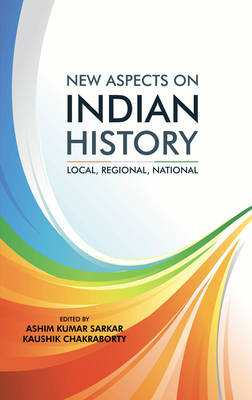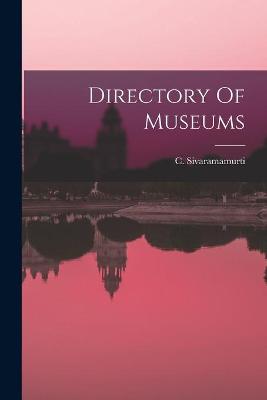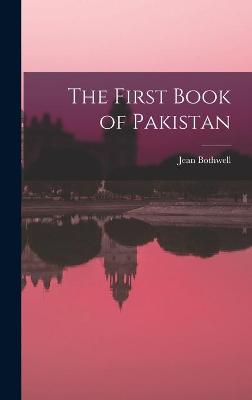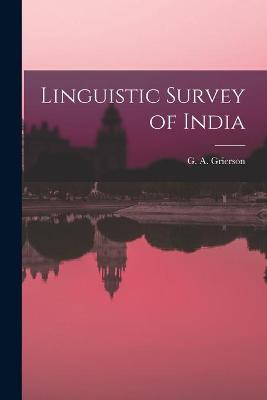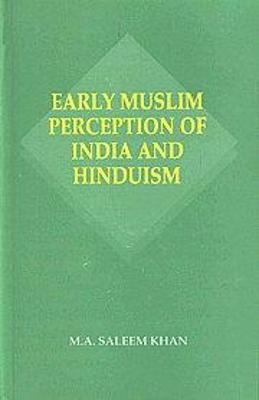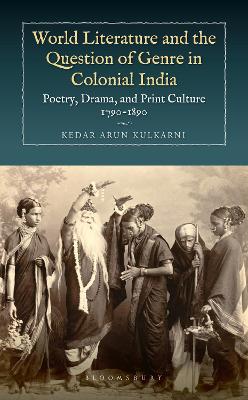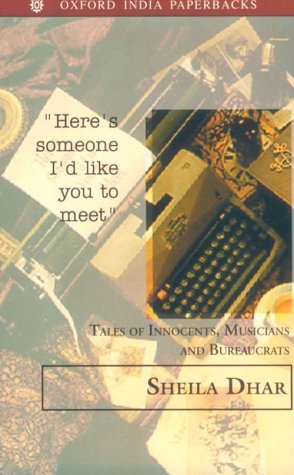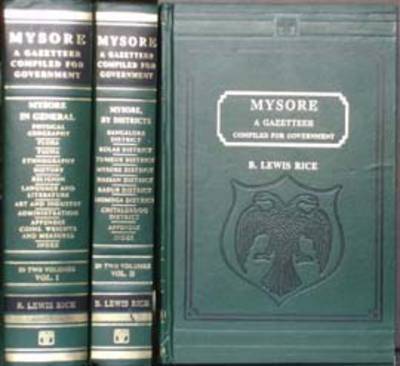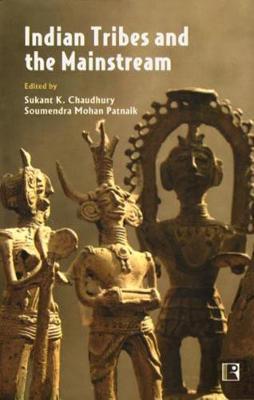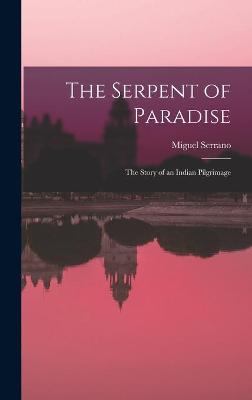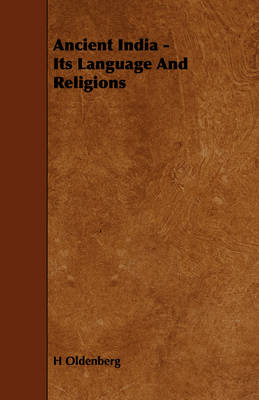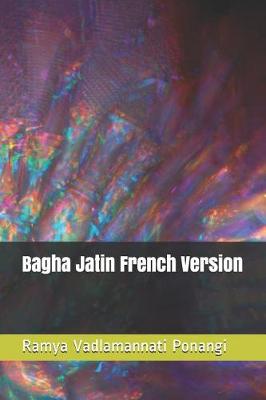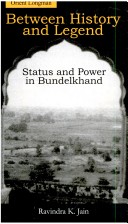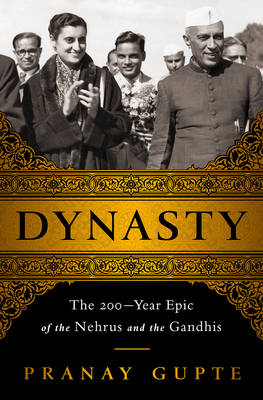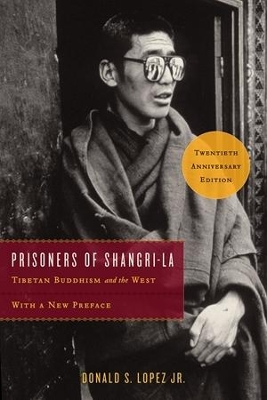Bloom's How to Write about Oscar Wilde (Blooms How to Write about Literature)
New Aspects on Indian History: Local, Regional, National
World Literature and the Question of Genre in Colonial India
by Kedar Arun Kulkarni
Ideas and Society in India from the Sixteenth to the Eighteenth Centuries
by Eugenia Vanina
This work discusses society and ideas in India between the 16th and 18th centuries as seen by medieval and early modern thinkers. It also deals with the reaction of Indian thought to the culture and presence of the West in India, and the author attempts to study medieval Indian history in a global perspective. The book is intended for students and researchers interested in medieval India, and those interested in studying history in a comparative global perspective may also find it of value.
The historiography of colonialism in India has, by and large, ignored princely India and instead, the inferences drawn from British India are generally applied to the whole of the country. This book makes a strong case for an agrarian history of India that will give due place to princely India. In the process, the author refutes the established theories of imperialist and nationalist historians, dependency theorists, theorists of the colonial mode of production and subaltern studies. Based on c...
Historical Sketches of the South of India in an Attempt to Trace the History of Mysore
by Mark Wilks
Indian Tribes and the Mainstream
by Sukant K. Chaudhury and Soumendra Mohan Patnaik
Contributed articles presented at the National Seminar on "Tribes and the Mainstream of Indian Society and Culture" at Lucknow in 1994.
The Serpent of Paradise; the Story of an Indian Pilgrimage
by Miguel 1917-2009 Serrano
Bagha Jatin French Version (Revolutionist, #1)
by Venkata Ramya Vadlamannati Ponangi
In Dynasty, biographer Pranay Gupte sheds light on the Nehrus and Gandhis of India, the longest lasting political dynasty in the modern world. The family's origins can be controversially traced back 200 years to Kashmir, where the Nehrus belonged to the Kashmiri Brahman Pandit class, and it has been in power for nearly a century. Since its founder, British-trained lawyer and Indian Ntional Movement activist, Motilal Nehru, ascended to the presidency of the National Congress, it has produced th...
To the Western imagination, Tibet evokes exoticism, mysticism, and wonder: a fabled land removed from the grinding onslaught of modernity, spiritually endowed with all that the West has lost. Originally published in 1998, Prisoners of Shangri-La provided the first cultural history of the strange encounter between Tibetan Buddhism and the West. Donald Lopez reveals here fanciful misconceptions of Tibetan life and religion. He examines, among much else, the politics of the term "Lamaism," a pejora...

